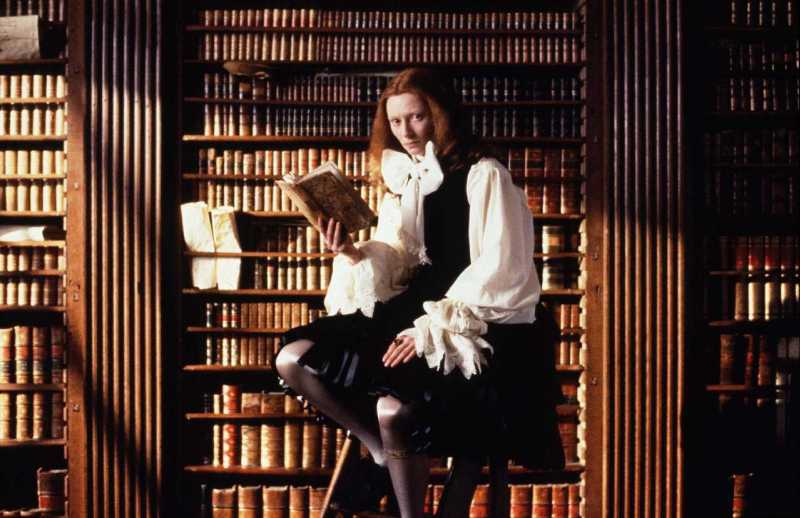In June we celebrate the lives of lesbian, gay, bisexual and transgender communities around the world as part of Pride Month. In this blog, Rebekah Bonaparte, Communications Officer at Birkbeck, explores the radical roots of the annual Pride March.
June usually marks Pride Month. The streets of London and many UK towns and cities are adorned with the infamous Pride rainbow, as thousands would usually turn out in celebration of the lesbian, gay, bisexual, transgender and queer (LGBTQ) community.
Many will now be familiar with the rainbow flag that has become increasingly visible throughout the month of June. The Pride logo can be seen on the websites of corporations and organisations as the internationally recognised event has become increasingly mainstream. But what are the origins of the Pride march?
The Stonewall Inn
Although there had been groups campaigning for the rights of the LGBTQ community to be recognised before the 1960s, the Stonewall Uprising is thought of as an important moment in the fight for gay rights in the US and beyond.
The uprising began when New York police officers raided the Stonewall Inn bar on 28 June 1969. Police raids of gay and lesbian bars were commonplace at this time and this instance proved to be the catalyst for an outpouring of fury amongst the LGBTQ+ community who were continually targeted by the police. A lesbian woman, Stormé DeLarverie, who is thought to be one of the first to fight back at Stonewall insisted that the often labelled ‘riots’ was “a rebellion.”
Six days of protests followed the raid on the Stonewall Inn and figures such as Marsha P. Johnson and Sylvia Rivera emerged as leaders of the revitalised movement.
The following year, Christopher Street Liberation Day Umbrella Committee held its first march, initially called ‘The Christopher Street Liberation Day Committee’ to commemorate the Stonewall uprisings and promote cohesion amongst the LGBTQ community. Today, the Stonewall Inn is considered a national landmark and the LGTBQ+ Pride March is held across the world in June.
Pride in London
In 1970 two British activists, Aubrey Walter and Bob Mellor, founded the Gay Liberation Front in a basement of the London School of Economics. Walter and Mellor were said to have been inspired by the Black Panthers as that year they attended the Black Panther’s Revolutionary Peoples’ Convention, but also the various liberation movements that were taking place all over the world. At the time in the UK homosexuality had been partially decriminalised and homophobia was largely accepted.
The Gay Liberation Front in London held its first Pride rally in 1972 on 2 July (the closest Saturday to the Stonewall anniversary) and continued to host annual rallies until it became more of a carnival event in the 1990s. In 1996 it was renamed Lesbian, Gay, Bisexual and Transgender Pride. The march was thought of as a display of solidarity and self-acceptance, but also a vehicle to drive social change and challenge injustice.
The Pride March has been held in London and across the UK since. It is characterised by its carnival spirit, and a safe space for members of the LGBTQ community to assert their identities and achievements. In recent years it has become increasingly mainstream, with corporations and organisations capitalising on the annual celebration and some believe it is has become far removed from its radical roots.
The organisation Pride in London was set up in 2004, and has been arranging the march since. Due to the ongoing pandemic, this month’s march in London was cancelled, but Pride in London have announced that it will be held on 11 September with the theme being, Visibility, Unity and Equality.
Pride remains a visual reminder for the continued struggle for LGBTQ+ rights across the world, a source of hope and jubilation for many.
Further information:
- Read author Gulnoosh Nour’s favourite ‘queerantine’ reads


